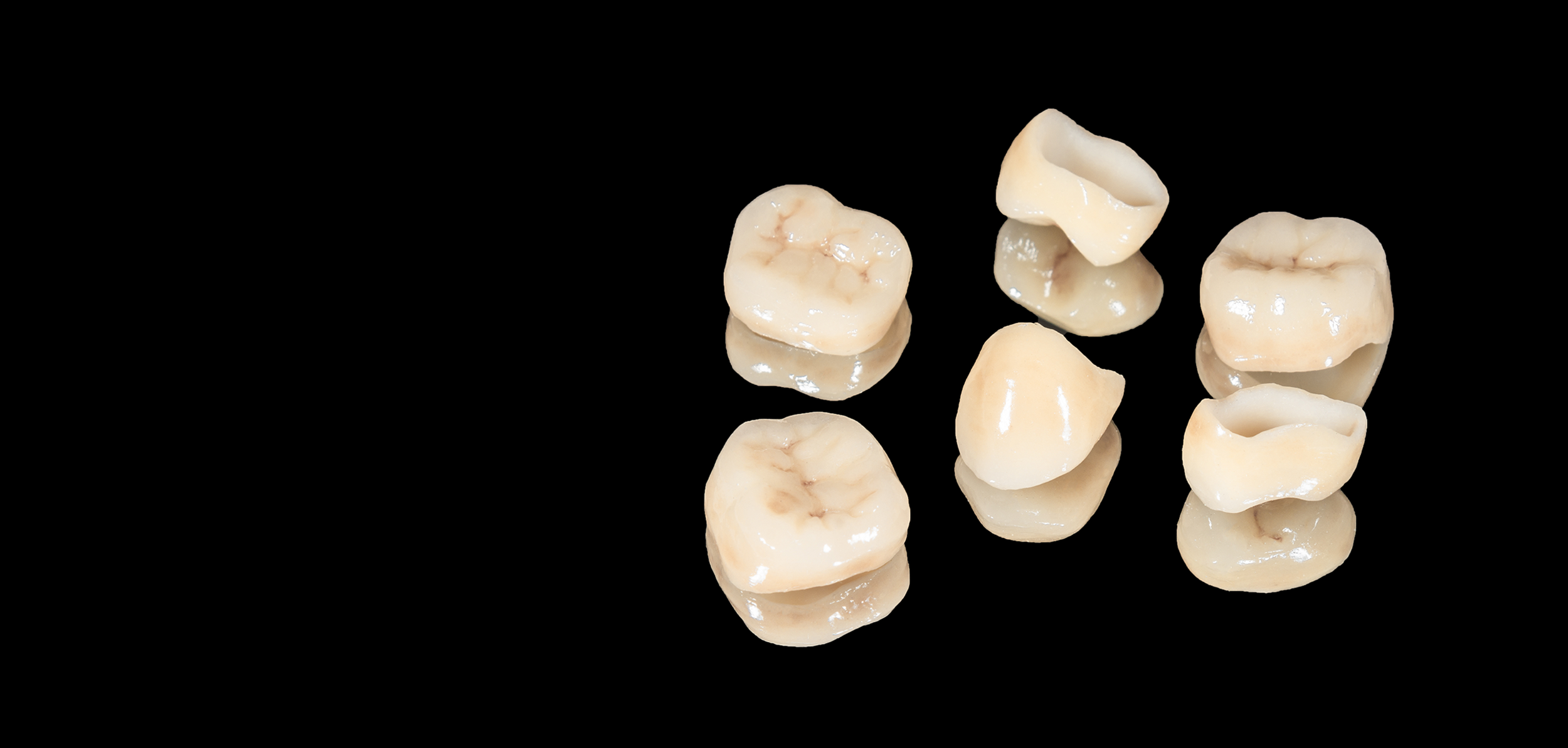Post-Operative Instructions for Dental Crowns
Thank you for trusting Greater Dental Health for your dental crown procedure. After your treatment, it's important to follow these post-operative instructions to ensure proper healing and to protect your new crown. While crowns are durable and long-lasting, it’s essential to care for them properly to maintain their functionality and appearance.
Below, you will find the post-operative care instructions for dental crowns. These guidelines are designed to minimize discomfort, prevent complications, and ensure that your new crown fits well and performs optimally.
Managing Discomfort and Pain
It is normal to experience mild discomfort or sensitivity after your crown procedure. This may include tenderness in the gums around the crown or mild sensitivity to hot or cold temperatures.
- Pain Relief: Over-the-counter pain relievers such as ibuprofen (Advil, Motrin) or acetaminophen (Tylenol) are typically sufficient to manage mild discomfort. Follow the dosage instructions on the label or as directed by our office.
- Prescription Pain Medication: If your dentist prescribes any medication for pain relief, be sure to take it as directed.
- Sensitivity: Some sensitivity to hot or cold may occur after crown placement, especially if the tooth was recently treated with a root canal. This sensitivity should subside within a few days to a week. If the discomfort becomes severe or persists beyond that, please contact our office for further guidance.
Temporary Crown Care
If you received a temporary crown while your permanent crown is being made, it is important to take extra care during this period.
- Avoid Hard or Sticky Foods: Do not chew hard, sticky, or chewy foods (such as gum, caramel, or ice) on the temporary crown, as this can cause it to loosen or break. Stick to soft foods, and avoid biting directly on the temporary crown.
- Cleaning: Brush your teeth and gums gently around the temporary crown, but be careful not to dislodge it. You can use dental floss to clean between your teeth, but be cautious around the temporary crown and avoid pulling the floss upward, as this may cause the crown to come loose.
- Avoid Extreme Heat or Cold: Avoid drinking extremely hot or cold beverages, as these may irritate the tooth or affect the fit of the temporary crown.
Permanent Crown Care
Once your permanent crown is placed, it is important to take care of it as you would your natural teeth.
- Avoid Chewing on Hard Objects: Even though dental crowns are made of durable materials, it is important to avoid chewing on hard objects like ice, pens, or hard candy. These can damage or loosen the crown.
- Biting and Chewing: After the crown is placed, avoid chewing on that side of your mouth until the numbness from the procedure has worn off. Once the numbness fades, you can begin chewing normally but try to avoid putting excessive pressure on the crown, especially in the first few days.
- Brushing and Flossing: You can resume your normal brushing and flossing routine after your crown is placed. Be sure to brush twice a day and floss daily to keep the area around the crown clean and healthy.
Avoid Certain Foods and Habits
To ensure the longevity of your crown, avoid certain habits and foods that could cause damage to it.
- Hard or Sticky Foods: Avoid biting into hard foods like nuts, ice, or raw vegetables with the crowned tooth, as well as sticky foods like caramel or taffy, which can dislodge or break the crown.
- Bruxism (Teeth Grinding): If you grind your teeth at night, especially under stress, this can cause wear on your crown. If you are experiencing any discomfort or suspect that you grind your teeth, please let us know. We may recommend a nightguard to protect your teeth and crown from damage.
- Smoking: Smoking can stain your crown over time and negatively impact the health of your gums. If possible, try to avoid smoking or chewing tobacco.
Sensitivity and Discomfort
It is normal to experience some degree of sensitivity following your dental crown procedure, especially if the tooth was previously treated with a root canal. This sensitivity can occur when consuming hot or cold foods and drinks, but it should subside within a few days to a week. If the discomfort is severe or does not improve, please contact our office.
If the crown feels high or uncomfortable when you bite, please notify us immediately. We may need to adjust the crown to ensure that it fits properly and does not interfere with your bite.
Follow-Up Appointments
Once your permanent crown has been placed, we may schedule a follow-up appointment to ensure that it is functioning properly. During this visit, we will check the fit and make any necessary adjustments.
- Regular Checkups: It’s important to continue visiting us for regular checkups to ensure that your crown remains in good condition and that your surrounding teeth and gums are healthy.
- Signs of Complications: If you experience any of the following symptoms, please contact our office:
- Pain or discomfort around the crown.
- Loosening or movement of the crown.
- Sensitivity that doesn’t subside after a few days.
- Signs of infection, such as swelling, fever, or drainage.
Long-Term Care of Your Crown
Dental crowns are a durable and effective solution for restoring damaged teeth, but like any dental restoration, they require proper care to last. Here are a few tips for maintaining your crown over the long term:
- Good Oral Hygiene: Brush and floss regularly to keep your crown and the surrounding teeth and gums healthy. A buildup of plaque and bacteria can cause issues such as gum disease or decay around the crown.
- Avoid Nail Biting: If you tend to bite your nails, avoid this habit, as it can put undue pressure on your crown and damage it over time.
- Regular Dental Visits: Regular checkups with our office will ensure that your crown continues to fit properly and that no underlying issues are developing.
When to Contact Us
Please reach out to our office if you experience any of the following after your crown procedure:
- Severe or persistent pain
- A crown that feels loose or comes off
- Issues with your bite or discomfort when chewing
- Signs of infection
Our team at Greater Dental Health is always available to answer your questions and address any concerns you may have during your recovery. Your satisfaction and comfort are our top priorities.
Conclusion
Caring for your dental crown properly is essential for ensuring its longevity and maintaining the health of your smile. By following these post-operative instructions and maintaining regular dental visits, you can enjoy the benefits of your new crown for years to come.
Thank you for choosing Greater Dental Health for your dental care. We look forward to continuing to serve your dental needs!















